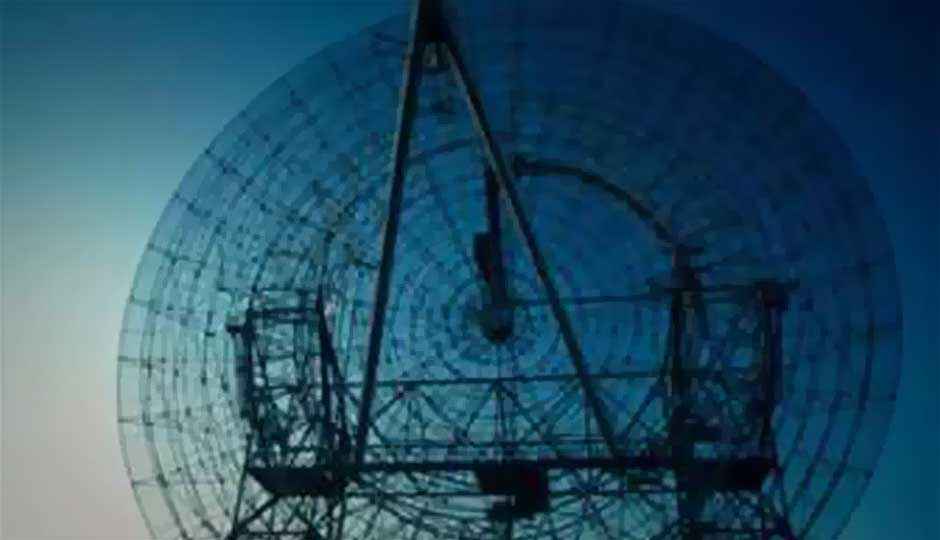COAI opposes move to let ISPs offer voice services
COAI has criticised the move to allow ISPs with BWA spectrum to offer voice services, saying the payment of Rs. 1,650 could become a backdoor entry into voice service

The Cellular Operators Association of India (COAI) has lashed out the government for allowing the Internet service providers (ISP) with Broadband Wireless Access (BWA) spectrum to to provide voice services. The GSM operators body has alleged the move is intended to provide an “undue benefit” to Reliance Infotel, which holds pan-India 4G licence. The Telecom Commission has however rejected the COAI charges, saying it allowed offer services on 4G network after ‘careful examination’ and on payment of Rs 1,658-crore licence fee.
 Survey
SurveyAccording to the COAI, the “arbitrary change” will hit the companies that adhered to the notice inviting applications (NIA) for BWA. COAI director general Rajan Mathews said “the lobby group wanted BWA operators to pay Rs 1,658 crore so that they were at par with 2G players, but didn’t want them to offer voice as the NIA did not provide for it”.
“It is first submitted that the BWA spectrum was offered and acquired in 2010 under ISP licence on the basis that it cannot be used for voice services. Any effort to retrospectively review the same to grant an enhancement in the scope of service will be illegal as the conditions of auction are legally binding,” LiveMint quotes a COAI letter to R. Chandrashekhar, secretary, Department of Telecommunications (DoT).
“It is submitted that what cannot be done directly, cannot be done indirectly, and introduction of unified licence and or payment of Rs. 1,650 crore should not be allowed to be used as a via media to sidestep the explicit condition of auctions and attain a backdoor entry into voice service,” the association said.
According to a Times of India report, the Telecom Commission panel had felt that a player should be allowed to offer voice services even if it did not have a unified access service licence.
The report noted the latest COAI statement is surprising as the body had earlier welcomed the recommended change by the group. It then said the move will help create a level-playing field between GSM and BWA operators. “If they paid only Rs. 15 crore, that would not have been a level-playing field. So, we opposed that. We will not come in their way now, as they, too, have to pay the same amount as we did for 2G licences,” Rajan Mathews was quoted as saying on February 19.